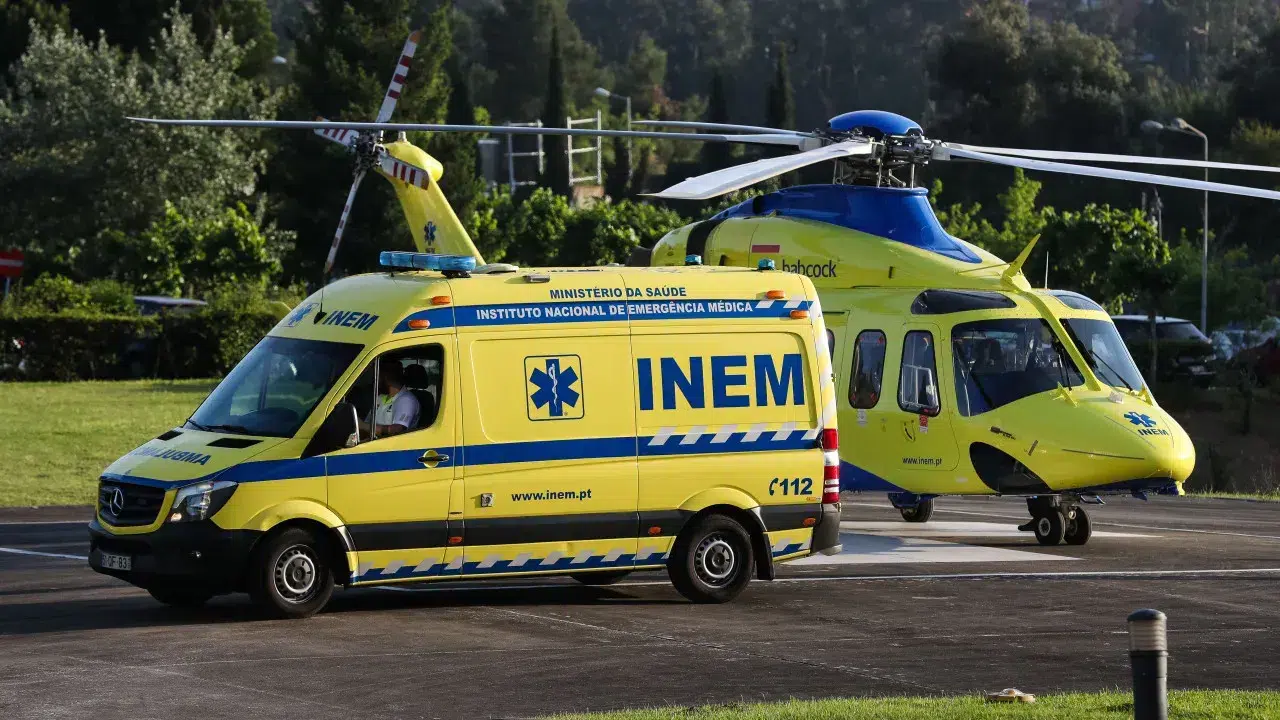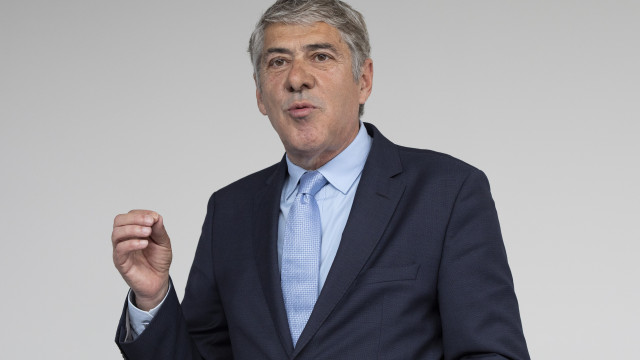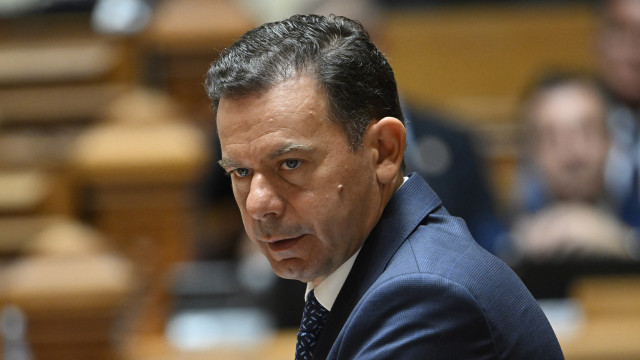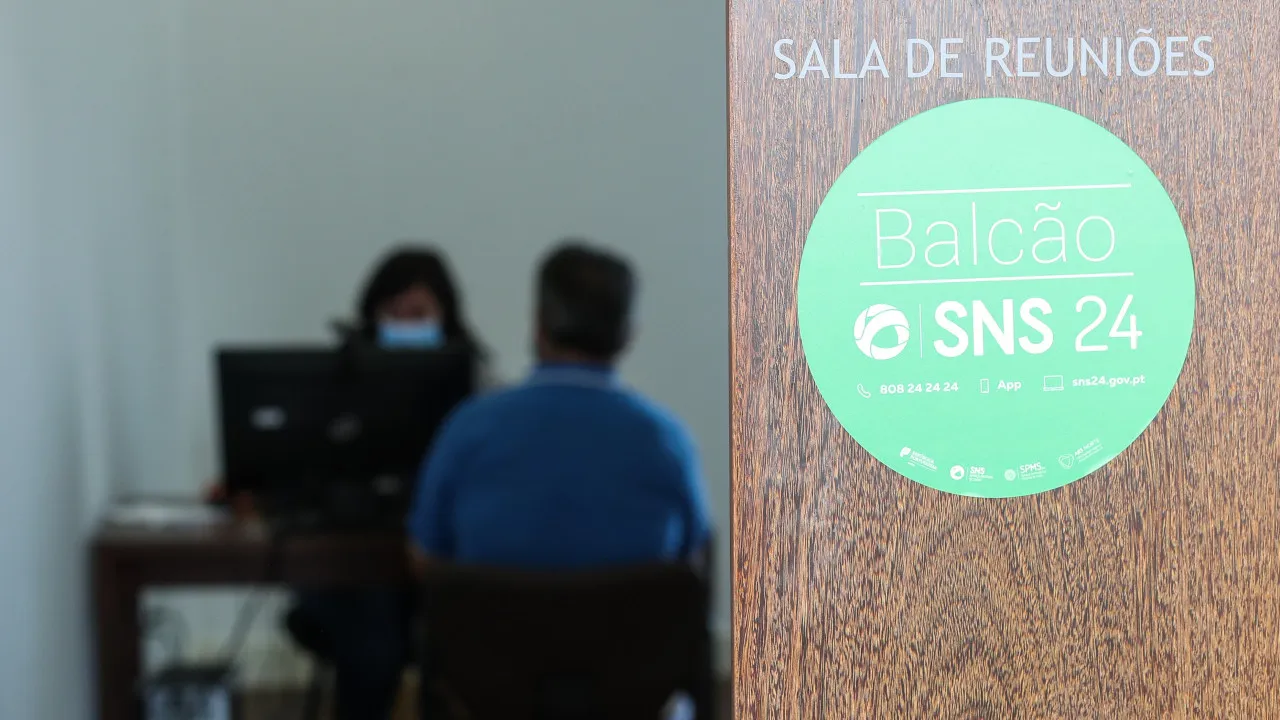
Today, in an article in Observador, Simon Camilleri, president of Gulf Med Aviation Services, criticized the “hasty” process, noting a two-month delay in launching the international public tender, initially scheduled for September 30, 2024, but only announced on November 22, 2024.
Camilleri outlined that the proposal review period extended from January to March 2025, instead of concluding in January. The contract was signed on May 21 and received fiscal court approval only on June 30, a day before operations commenced.
“Clearly, for those involved in good faith, as we have been, the timeline complexity complicated the start on July 1,” he wrote, emphasizing the company’s continual transparency about technical and regulatory challenges imposed by stringent deadlines on an already complex project.
He recalled when it became apparent the operation with four H145 helicopters could not be launched on July 1, INEM opted for a direct adjustment for the transitional period.
He highlighted that of the 14 companies INEM approached, Gulf Med was the only one ready to offer a solution, albeit temporary and with operational limitations given available resources. One competing company stated they couldn’t meet the requirements in less than five to six months.
“This situation shows that even established operators in Portugal recognize the complexity and necessary timelines for such an operation,” Camilleri remarked.
Gulf Med’s CEO noted that a timely tender process with a January 2025 contract signing would have allowed ample time to allocate necessary resources (helicopters and pilots).
He added that the mandatory risk assessment for medical helicopter operations, as required by European regulation, needs a specific period to complete and get approved by relevant aviation authorities, and these procedures “are mandatory” and “cannot be abbreviated or anticipated.”
He emphasized, “It’s preferable to start phased and safely rather than a rushed launch that endangers lives.”
Camilleri acknowledged that Gulf Med did not have helicopters and pilots specifically for this operation at the award time. Still, he argued that no responsible company would, as it’s “economically unfeasible and operationally unnecessary to maintain such resources without confirmed contracts.”
However, he asserted that Gulf Med “was fully prepared” to meet all commitments from the public tender response, stressing the failure “was not in the company’s preparation but in the public contracting process’s timing.”
Criticizing recent company critiques, he insisted, given the “regulatory complexity and process delays,” Gulf Med “was the only company prepared to find a solution.”
“As a businessman, I could have hidden behind bureaucratic issues and not made any commitments,” the CEO stated, concluding, “This deserves recognition, not unfounded criticism.”
According to data from INEM released Friday, air emergency services conducted 29 missions in the first 15 days of July, with five involving the Portuguese Air Force (FAP) apparatus.
Since early July, the FAP has collaborated on emergency air transportation as a temporary solution due to the inability of the service-awarded company (Gulf Med) to commence full operations on July 1, despite a contract of 77 million euros.




